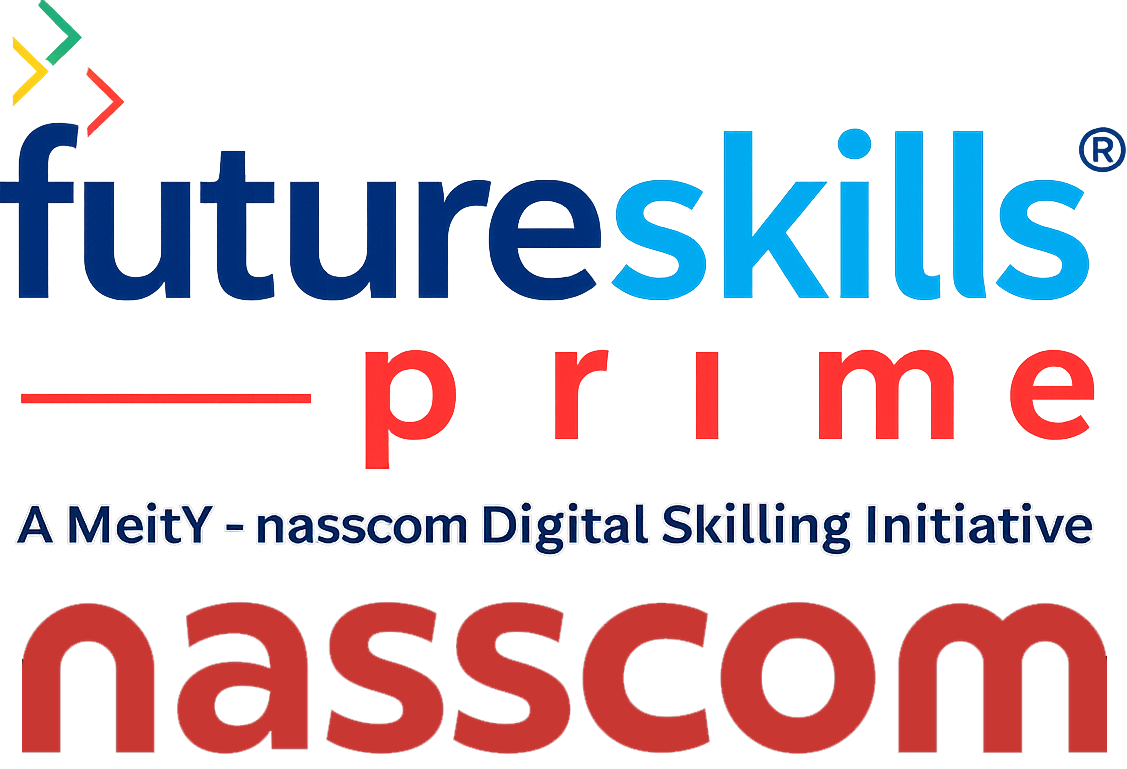Are you intrigued by the field of machine learning and want to become an expert in this exciting domain? Machine learning is a rapidly evolving field that combines computer science, mathematics, and statistics to enable computers to learn from data and make predictions or decisions. In this article, we will explore the path to becoming a machine learning expert, the essential skills required, learning resources, and tips for success.
Understanding Machine Learning
Machine learning refers to the process of training computer algorithms to automatically learn and improve from experience without being explicitly programmed. It involves the study of algorithms and statistical models that allow computers to perform specific tasks and make accurate predictions based on data patterns. Machine learning has found applications in various industries such as healthcare, finance, marketing, and more, revolutionizing the way we interact with technology.
Definition and Concepts
Before diving into the intricacies of machine learning, it’s important to grasp the fundamental concepts. Understanding terms like supervised learning, unsupervised learning, and reinforcement learning is essential to comprehend the different approaches and techniques used in this field.
Applications and Impact
Machine learning has made significant contributions to various fields, including natural language processing, computer vision, recommendation systems, and autonomous vehicles. It has transformed industries and created new opportunities for innovation and problem-solving. Exploring the real-world applications and impact of machine learning will broaden your perspective on its potential.
Skills Required to Become a Machine Learning Expert
Becoming a machine learning expert requires a diverse skill set. Let’s explore the key skills you should focus on acquiring to excel in this field.
Programming Languages
Proficiency in programming languages like Python, R, and Java is essential for implementing machine learning algorithms and working with data. Python, with its extensive libraries and frameworks like TensorFlow and sci-kit-learn, has emerged as a popular choice among machine learning practitioners.
Mathematics and Statistics
A solid foundation in mathematics and statistics is crucial for understanding the underlying principles of machine learning algorithms. Concepts like linear algebra, calculus, probability, and statistical inference play a significant role in model development and evaluation.
Data Manipulation and Analysis
Machine learning revolves around data, and the ability to manipulate, preprocess, and analyze data is vital. Familiarity with tools like pandas, NumPy, and SQL will enable you to efficiently handle and explore datasets.
Domain Knowledge
Having domain knowledge in the area you wish to apply machine learning is highly advantageous. Understanding the specific challenges, context, and nuances of the industry will allow you to develop more effective solutions.
Communication and Collaboration
Being a machine learning expert involves working in teams and effectively communicating complex ideas. Strong communication skills, both written and verbal, along with the ability to collaborate with diverse stakeholders, are essential for success in this field.
Learning Path for Machine Learning
Embarking on a structured learning path is crucial for gaining expertise in machine learning. Here are some recommended steps to follow:
Formal Education
Pursuing a degree in computer science, mathematics, or a related field provides a solid foundation in the theoretical aspects of machine learning. Universities offer courses specializing in artificial intelligence, data science, and machine learning, giving you exposure to cutting-edge research and knowledge.
Hands-on Projects and Kaggle Competitions
Applying theoretical knowledge to real-world projects is essential for developing practical skills. Participating in Kaggle competitions or working on personal projects will give you hands-on experience and help you build a strong portfolio.
Building a Portfolio
Creating a portfolio of projects showcases your practical expertise to potential employers. A well-documented portfolio demonstrating your ability to solve complex problems using machine-learning techniques will significantly enhance your credibility.
Resources and Tools for Machine Learning
The machine learning ecosystem offers a plethora of resources and tools that can assist you in your learning journey. Here are a few key resources to explore:
Libraries and Frameworks
Libraries like TensorFlow, PyTorch, and sci-kit-learn provide powerful tools for implementing machine learning algorithms. These libraries offer pre-built models, optimization techniques, and utilities that streamline the development process.
Datasets and Databases
Publicly available datasets and databases, such as UCI Machine Learning Repository and Kaggle, provide valuable resources for experimentation and learning. Working with real-world datasets helps you understand the challenges of working with diverse data types and sizes.
Visualization and Interpretation
Visualizing and interpreting machine learning models and results is crucial for gaining insights and making informed decisions. Tools like Matplotlib and Tableau enable you to create informative visualizations that aid in data exploration and model evaluation.
Challenges and Tips for Success
While the journey to becoming a machine learning expert can be rewarding, it comes with its fair share of challenges. Here are some common challenges and tips to overcome them:
Dealing with Complexity
Machine learning can be complex and challenging, with various algorithms, techniques, and frameworks to navigate. Start with the basics, build a strong foundation, and gradually explore more advanced topics.
Staying Up-to-Date with Advancements
The field of machine learning is rapidly evolving, with new research papers, algorithms, and tools emerging regularly. Stay updated by reading research papers, following industry blogs, and participating in online communities like GitHub and Stack Overflow.
Building Real-World Solutions
To truly master machine learning, it’s crucial to apply your knowledge to real-world problems. Collaborate with peers, participate in hackathons, and seek opportunities to work on projects that have practical applications.
Conclusion
Becoming a machine learning expert requires a combination of technical skills, practical experience, and a continuous learning mindset. By following a structured learning path, acquiring the necessary skills, and staying abreast of advancements, you can embark on a fulfilling career in this rapidly growing field.





